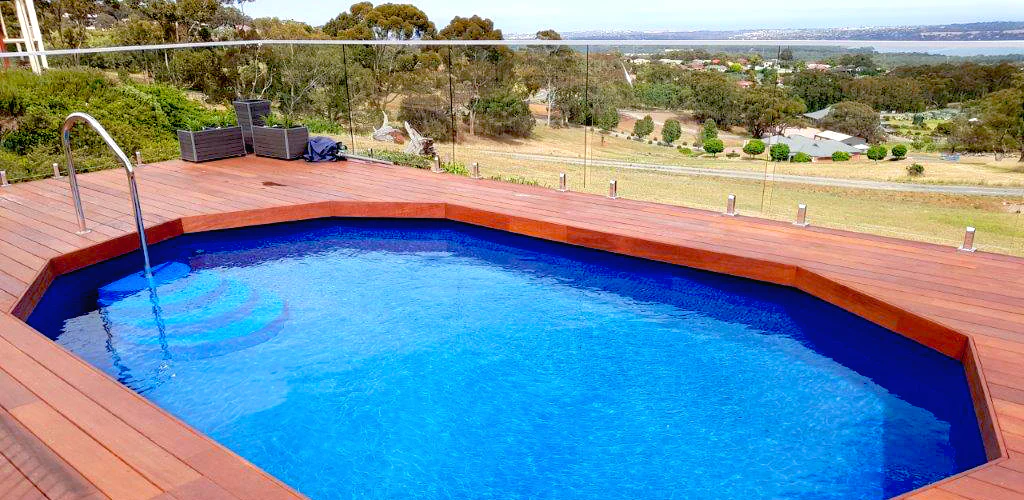When choosing between an inground Pool and an above ground pool, the main difference will be the installation process. An above ground pool is typically installed in less time than an inground pool, and most above ground pool kits can be put together in a day or two. An inground pool, on the other hand, may take as much as six to eight weeks to install.
One of the main differences between an above ground and an inground pool is the decking material. An above ground pool offers a limited selection of decking materials, including wood, which requires regular maintenance. An inground pool, on the other hand, can have a much more luxurious look and may even include features such as spas and swim-up bars.
An inground pool can be a better choice for a home with a backyard, as it will blend in with landscaping and provide a more aesthetic appeal. However, there are some disadvantages to an above ground pool, including its ability to cause a nuisance and complaint from neighbors. If you live in a subdivision with a homeowners’ association, you may want to think twice before installing an above ground pool.
Buying an inground pool has many benefits, and they are also more durable than an above ground pool. You can customize your inground pool with any shape you want, and you can add premium features such as spas, waterfalls, swim-up bars and more. However, an inground pool also comes with additional costs and requires more maintenance. If you are not comfortable performing the maintenance yourself, you can hire a pool service company to do so for you.
Inground pools may cost more money to install, but they will last for decades. Above ground pools are usually less expensive, but you may have to keep them clean and repair them more frequently. An above ground pool can be transported to a new location if you decide to move in a few years.
Aside from providing convenient recreation, an inground pool also provides aesthetic and monetary value to your home. When properly maintained, an inground pool can increase the value of your property. Depending on the type of maintenance and care you give it, an inground pool can last for decades. But it is important to understand that you will need to make repairs or renovations as your inground pool ages.
Before buying an inground pool, it is important to consider the type of pool you will use it for. Some homeowners associations don’t allow above-ground pools, and others only allow inground ones. As a result, deciding on the type of pool depends on your budget and the needs of your neighbors.
Inground pools offer more customization options. You can choose a size, style, and finish that complements your home’s architectural design. In addition, an inground pool has a longer lifespan than an above-ground pool. If you’re planning to live in your house for a few decades, an inground pool is likely to be the best option.


